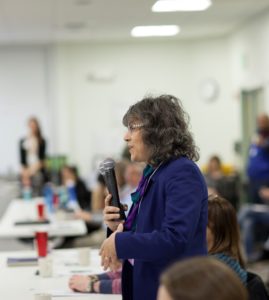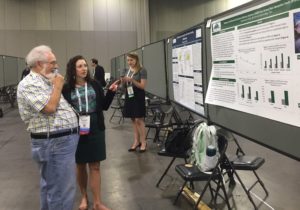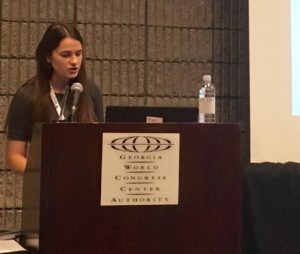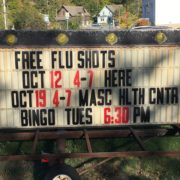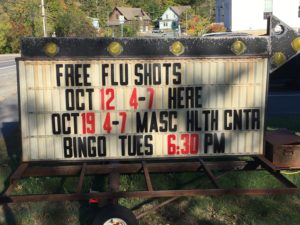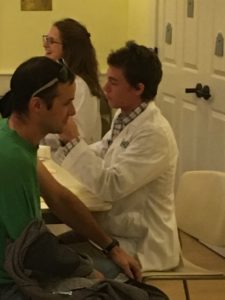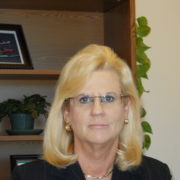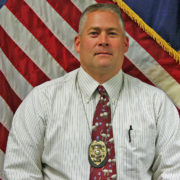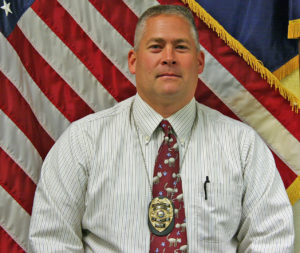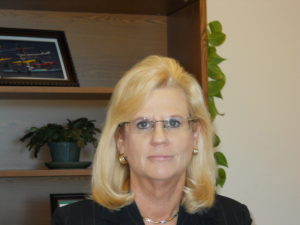
Recent press reports and opinion pieces regarding the mental health system in New Hampshire have focused on the shortage of psychiatric beds at NH Hospital and its impact on local hospital emergency rooms. Daily email updates from the Department of Health and Human Services starkly report the numbers of adults and children with a mental illness waiting each day for a bed, which have shown a steady increase year to year.
Governor Sununu and key legislators who witnessed the emergency room backup first-hand at Concord Hospital earlier this year were inspired to re-write and make more robust what was initially a modest proposal for a new Ten-Year Mental Health Plan – HB 400 – and add money to fund it in the state budget. At the same time, the NH Community Behavioral Health Association (CBHA), the organization that represents NH’s ten community mental health centers, was advocating for workforce funding in the budget, but our request was upstaged by the bed shortage and hospital ER situation.
There is no doubt that the investments made in and attention given to mental health this year by the Governor and the Legislature are positive steps forward; however, CBHA sees two inherent problems with this approach: one is that policymakers are reacting to an immediate crisis and not addressing the underlying structural weaknesses of the mental health system; another is that adding more psychiatric beds, ACT teams and mobile crisis units to the mix does not mean that services are going to be delivered if we don’t have the people to do the work.
Greatest Need is Workforce Development
Some basic investments in workforce development programs could encourage people to enter and stay in the mental healthcare field. The ten community mental health centers currently have over 170 openings statewide and the wait time for an appointment can run several weeks. Medicaid rates at the centers are at 2006 levels, which has a direct impact on the centers’ ability to attract and retain qualified staff. CBHA asked the House and Senate to fund rate increases for our clinical staff this year but the new services in HB 400 and the budget were seen as more critical.
Meanwhile, the centers compete for staff with hospitals, MCOs (the insurance companies which manage the state’s Medicaid managed care program), schools, FQHCs, and other healthcare providers, almost all of whom can offer higher salaries and benefits. The upshot is that people who need mental health services before they get to a crisis level and need hospitalization are not getting help when and where they need it. Adding more beds to the system will not take care of the root of the problem, which is a weak and underfunded community-based system. Increasing rates beyond the 2006 level is the simplest fix.
Another relatively easy fix to the workforce problem is to relieve the community mental health centers of some of the administrative burdens imposed by the State and the Medicaid managed care program. CBHA’s suggestions range from eliminating some paperwork burdens required of staff, to consolidating data, reporting requests, and audits. One of the most commonly voiced complaints in staff exit interviews relates to the oppressive burden of paperwork. An example CBHA outlined for the Governor’s office, following his request for a list of administrative rules that could be eliminated, shows that staff at one community mental health center must complete and sign 56,300 documents per year. These documents are in addition to the documentation for intake, therapy, and psychiatry services that clinical staff must also complete.
Simply put, a rate increase for community mental health centers and some relief from the administrative rules that unnecessarily burden our staff could make a significant difference in solving the workforce problem. And that in turn could help reduce the number of people who wind up at the other end of the system: needing a psychiatric bed at NH Hospital and sitting in a hospital ER while they wait for one.
There was much progress for mental health made in 2017, but we need to do more. The State and the community mental health centers worked together in 2008 to develop the original Ten-Year Mental Health Plan, which was celebrated for its vision but never fully realized because of inadequate funding. CBHA is glad to participate in the new Ten-Year Plan directed by HB 400, which we hope will lead to a more structurally sound and adequately funded mental health system for the future. Let’s get to work and start making a better mental health system for New Hampshire.
Suellen M. Griffin, MSN, is President of the NH Community Behavioral Health Association and President and CEO of West Central Behavioral Health in Lebanon. Ms. Griffin is also an active member of the Public Health Council of the Upper Valley’s Advisory Council.
